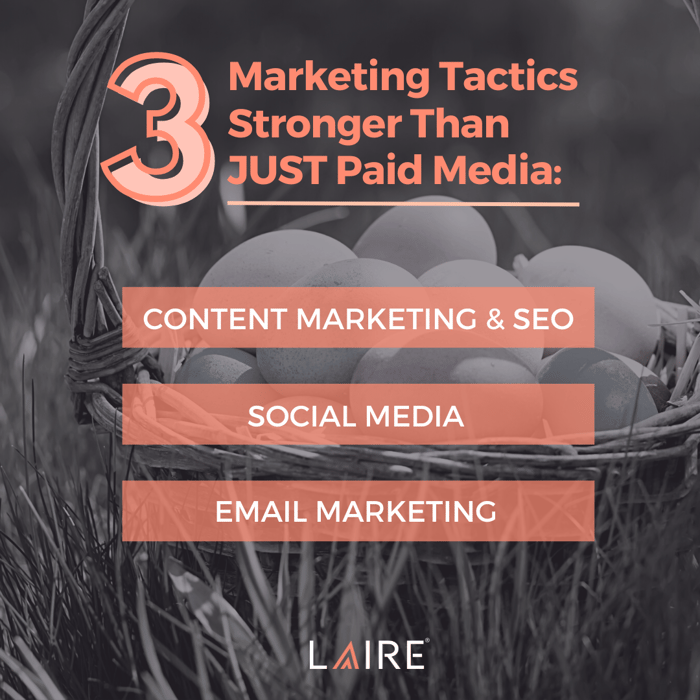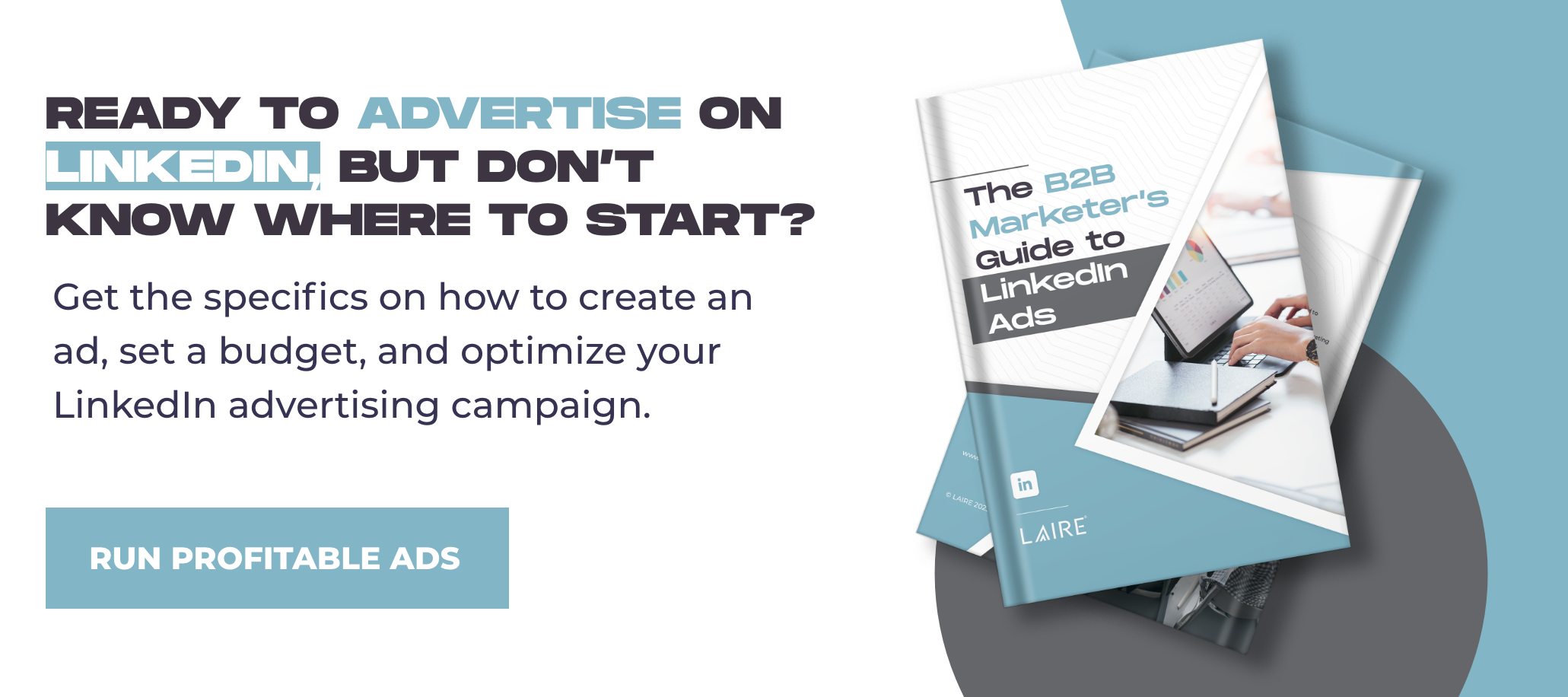When it comes to budget allocation, marketers often make the mistake of focusing too much on paid advertising, such as pay-per-click (PPC) campaigns, and neglecting the importance of building a solid marketing foundation.
In this blog, we'll explore why marketers shouldn't spend their entire budget on paid advertising and why it's essential to have a well-rounded marketing strategy that includes a mix of different channels.
Don’t Put All Your Eggs in One Basket
Should you focus on paid advertising or invest in other marketing activities? The answer largely depends on the goals of the marketing campaign, but it's important to remember that paid advertising isn't the only way to get your message out there and drive sales.
Paid Advertising Can Be Pricey
The most basic reason why you shouldn’t rely solely on paid advertising is that it’s not always the most cost-effective option. Paid advertising can be expensive, and it’s not always guaranteed to be successful. If you don’t have a clear strategy in place, you can end up wasting a lot of money on ineffective campaigns.
For example, if you haven't done any market research, you may not understand your target audience's pain points and what type of messaging will resonate with them. Similarly, if you haven't segmented your audience, you may be targeting the wrong people with your PPC campaigns.
Another important aspect to consider is that, as the competition for ad space increases, the cost of paid advertising continues to rise. And as Google, Facebook, and other platforms increase their ad pricing, smaller businesses are finding it harder to compete. This means you may end up spending a significant portion of your budget on paid without seeing the desired results.
Paid Advertising Can’t Save Ineffective Messaging
Ultimately, paid advertising can't save messaging that misses the mark. It shouldn’t be used as a band-aid or wholesale replacement for other tactics. Only when backed by an intentional marketing strategy and plan can paid advertising be an effective vehicle for growth.
When you focus solely on paid, you will eventually cap out on how much you can spend while still generating growth; an organic approach can take you so much farther.
Paid Advertising Isn’t a Long-Term Solution
It’s also important to consider the long-term impact of relying too heavily on paid advertising. It’s great for quick wins, but it won’t necessarily help you build a loyal customer base. Once you stop running your ads, the leads and conversions may stop as well.
Additionally, targeting options are becoming increasingly non-specific due to data privacy concerns. This may make it more difficult to reach the users most likely to need your product or service.
On the other hand, building a solid marketing foundation and diversifying your marketing efforts can lead to better relationships with customers, a stronger brand image, and more sustainable growth. This is especially true for marketing teams with a limited budget.
Paid Advertising Alternatives for Long-Term Success
Another reason why marketers shouldn't rely solely on paid advertising is that it's not a one-size-fits-all solution. It can be a great way to generate leads and drive conversions, but it's not the only way. There are many other channels that can also be effective, and by diversifying your marketing efforts, you can reach a wider audience and achieve better results.

Content Marketing and SEO
Organic marketing activities such as content marketing and SEO can be incredibly useful when it comes to driving long-term growth. By creating content that’s valuable, interesting, and helpful to your target audience, you establish yourself as a trusted source of information and build an engaged following.
Publishing SEO-driven content also makes your website more visible in the SERPs (search engine results pages), which then lowers the CPM (cost per thousand impressions) for paid search.
Social Media
A lot of paid advertising happens on social media, but this channel can also be a great platform for organic marketing. You can use social media marketing to share content, create conversations, connect with your audience, and build relationships. Plus, there are no added costs.
Email Marketing
Email marketing provides the ability to reach a large audience quickly and easily, personalize content for each recipient, and track and measure performance metrics such as open rates, click-through rates, and conversion rates. Since it can be highly targeted, email marketing also allows you to promote your brand directly to interested and engaged recipients.
Notably, email marketing has an average return of $36 per $1 spent, making it a cost-effective piece of your marketing machine.
Optimize Your Marketing Budget for Maximum ROI
While paid advertising can be an effective way to generate leads and drive conversions, you first need a solid marketing foundation. By creating a well-rounded marketing strategy that includes a mix of different channels, you can expand your reach and optimize your results.


